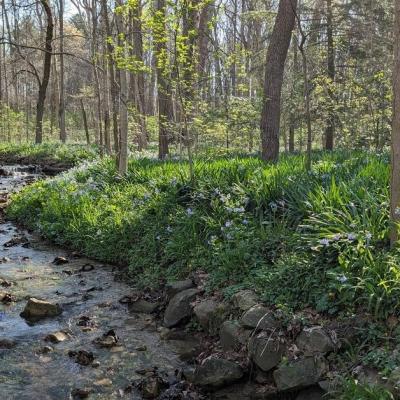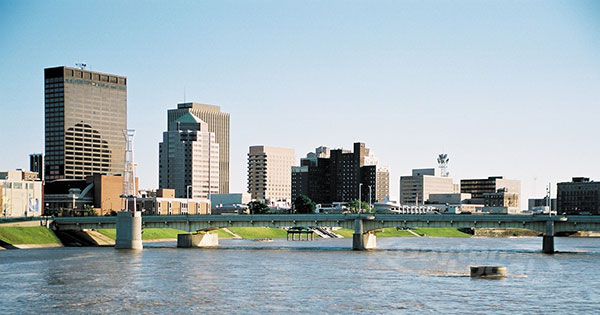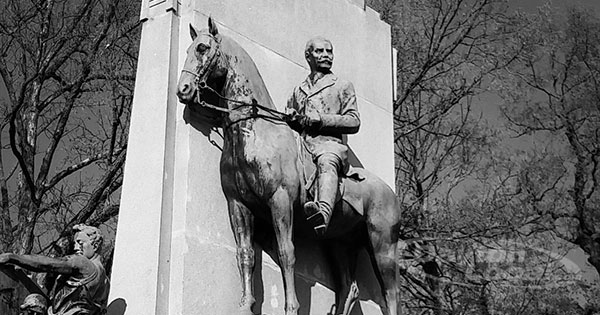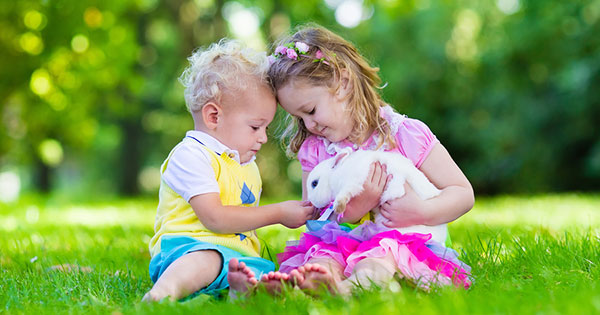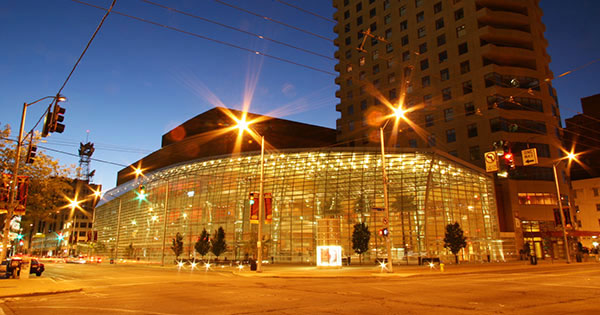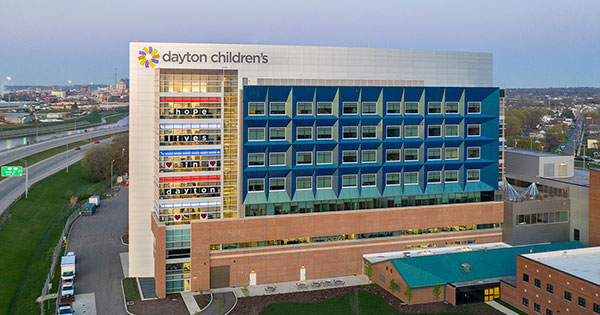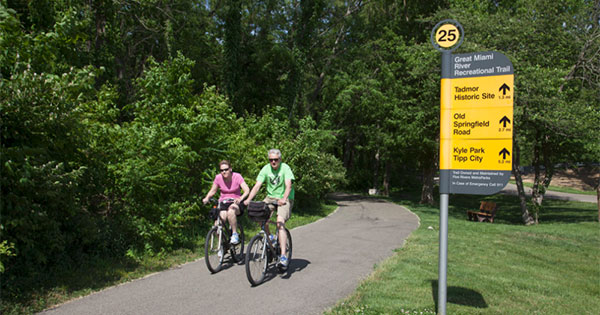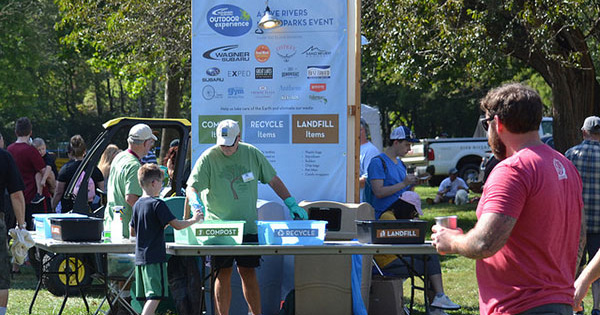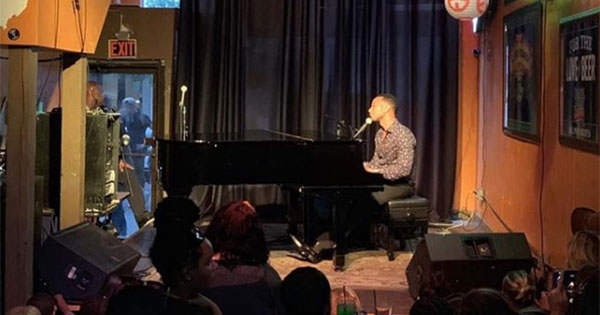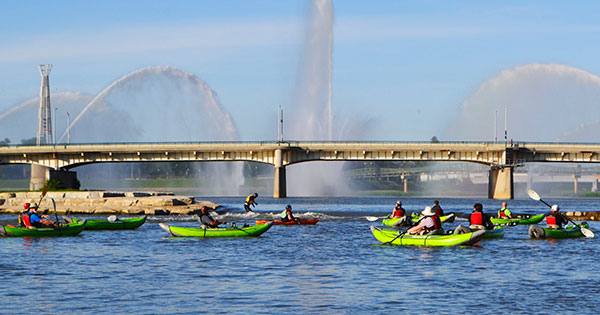Choosing The Perfect Lens For Your Photography Style
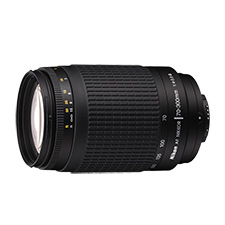
If you're new to photography, you may not be aware that your lens often times is more important than your camera to achieve the creative look that you want with your images.
Choosing The Perfect Lens For Your Photography Style
Now that you have chosen your Perfect Camera, it's time to think about your perfect camera lens. If you're new to photography, you may not be aware that your lens often times is more important than your camera to achieve the creative look that you want with your images.
Camera lenses are completely separate tools from the camera body and each one has unique features. I seriously could write for days strictly about all the options with camera lenses, but I'll keep it simple for you today! One of the easiest ways to determine which lens is best for you to buy is to consider what you'll be photographing.
Although there's hundreds of lenses to choose from for every brand, here's a few of my recommendations for general photography interests:
If you enjoy photographing Expansive Landscapes, Home Interiors, Architecture, City Scenes, Large Events and anything else with a wide point of view, you should consider buying a WIDE ANGLE lens.
Wide Angle lenses are typically any lens with a focal length of less than 50mm. They're perfect for capturing large, wide scenes such as a beautiful mountain view or an entire city block. If you attend a lot of events and like to get shots of the crowds, wide angles are a great fit for those types of interests.
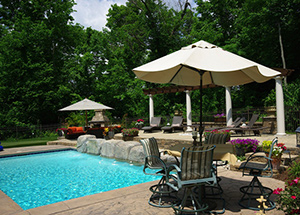 These lenses come in prime focal lengths, which means they are at a fixed focal length, or zoom focal lengths, such as 10-24mm. This photo (left) was captured with a 10-20mm lens.
These lenses come in prime focal lengths, which means they are at a fixed focal length, or zoom focal lengths, such as 10-24mm. This photo (left) was captured with a 10-20mm lens.
Keep in mind that wide angle lenses may often distort the scene at the edges so be sure to watch for that if you're editing your images using software.
If you enjoy photographing Sports, Wildlife, or activities where you're far away from the action, a TELEPHOTO LENS would be perfect for you.
Telephoto lenses are typically any lens that includes a focal length of 100mm or higher, and can be a prime or a zoom lens.
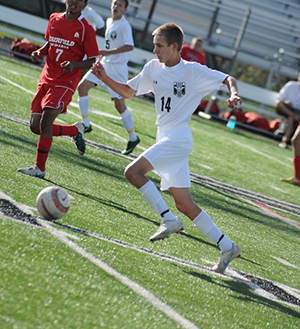 I talk to so many parents that have kids in sports and they're always complaining how hard it is to get a good shot of their child because they're so far away from where they're playing. I always recommend that they add a 70-300mm lens to their system. The 70-300 is a handy consumer lens that can usually be purchased for less than $400. The zoom capability allows you to stay in one place and decide if you want a close-up or a farther shot. I took these shots with my 70-300 at my sons' high school soccer game while I was standing in the bleachers.
I talk to so many parents that have kids in sports and they're always complaining how hard it is to get a good shot of their child because they're so far away from where they're playing. I always recommend that they add a 70-300mm lens to their system. The 70-300 is a handy consumer lens that can usually be purchased for less than $400. The zoom capability allows you to stay in one place and decide if you want a close-up or a farther shot. I took these shots with my 70-300 at my sons' high school soccer game while I was standing in the bleachers.
Most kit lenses that are included with camera packages will often have a telephoto zoom lens such as a 55-300mm or an 18-250mm.
If you enjoy photographing details at very close range, a MACRO lens is just what you need. Newborn photographers will often use a macro lens to capture those tiny eyelashes or cute little baby fingers and toes. Nature photographers also benefit from macro lenses when photographing flowers and insects.
Most lenses will only allow you to get a certain distance from a subject before it will no longer focus sharply. Macro lenses grant you the capability to get in nice and close and capture every tiny detail.
One versatile lens that I suggest for every photographers' bag is the "nifty fifty". The 50mm lens is a prime lens, which means it doesn't zoom in or out. If you want to change your composition, you have to move your feet! This focal length is known to capture what is closest to what the natural eye views without a lot of distortion.
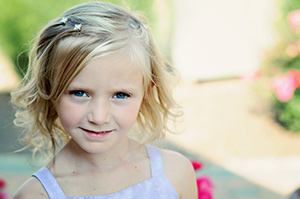 What makes these lenses so fun is that they usually offer an aperture of 1.8 or 1.4. These low aperture settings means you have a ton of control over your creativity and you can capture images when there's not a lot of light.
What makes these lenses so fun is that they usually offer an aperture of 1.8 or 1.4. These low aperture settings means you have a ton of control over your creativity and you can capture images when there's not a lot of light.
The 50mm lens is often very affordable and a great, lightweight lens for everyday use. I took this shot of my daughter (left) with my 50mm set at 2.5 aperture.
While it seems there are a million choices in lenses these days, you can make the decision of which one to choose easier by determining what it is you plan on photographing. After you've figured out how you plan to use your camera system that should help narrow down your choices for finding your perfect lens. Enjoy!





